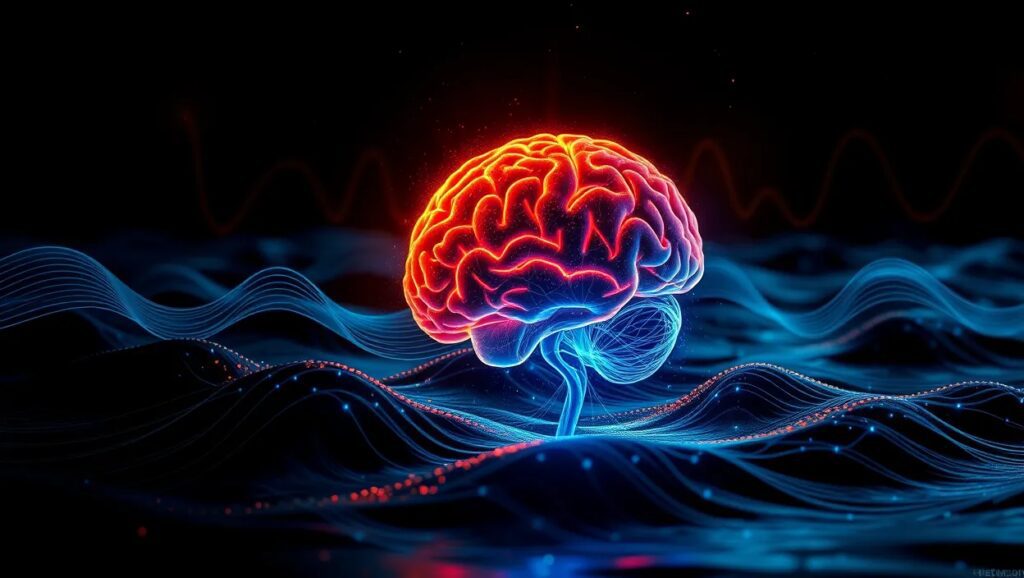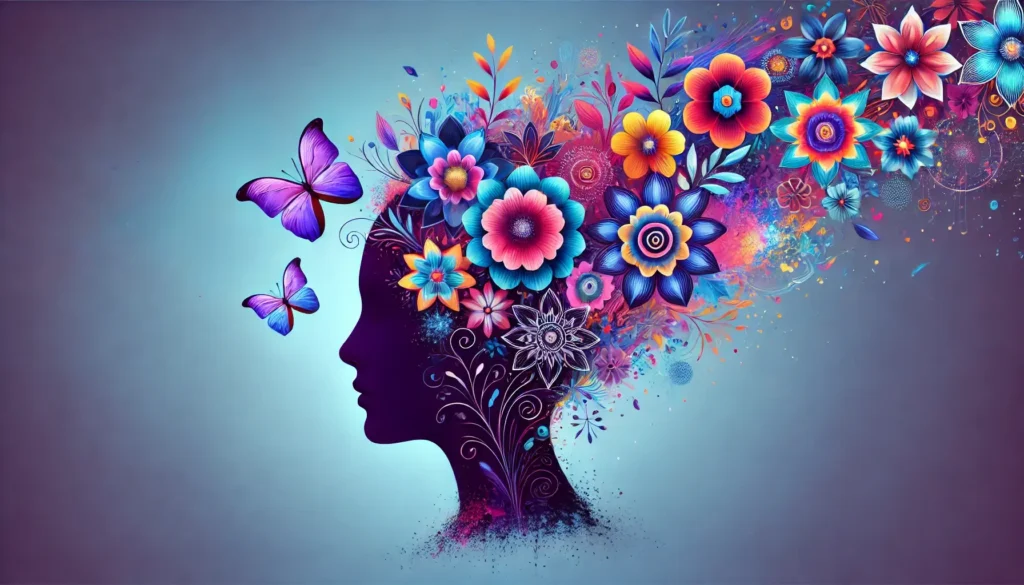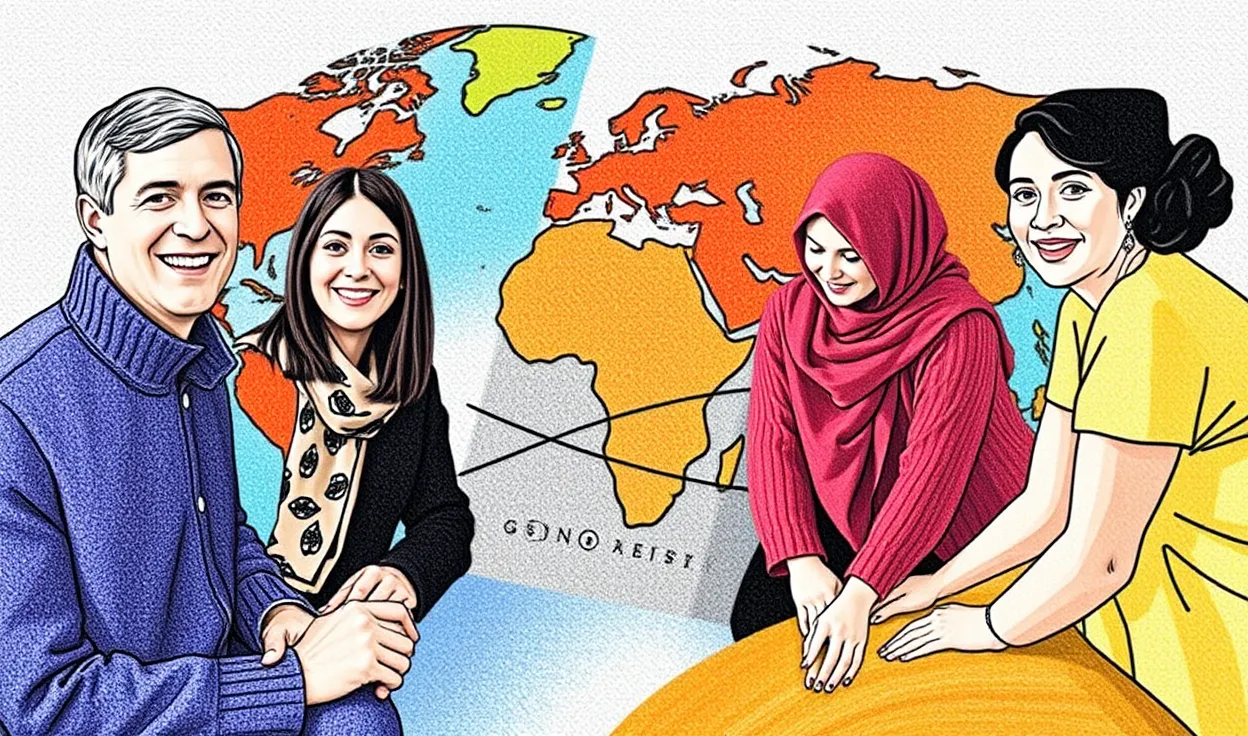
The Global Mental Health Landscape
Understanding Mental Health Disparities Worldwide
Mental health care isn’t equally accessible across the globe. In low-income countries, resources are severely limited, with fewer professionals and facilities to meet demand. Factors like political instability, poverty, and weak health systems exacerbate the issue.
In contrast, high-income countries may have more resources but still face barriers like cost and waiting times. Bridging this gap is critical, especially as untreated mental health issues lead to devastating individual and societal impacts.
The Stigma of Mental Health in Diverse Cultures
Mental health stigma persists globally, but its form varies by culture. In some societies, mental illness is seen as a personal weakness or spiritual punishment, discouraging people from seeking help.
Digital tools like anonymous apps and forums are helping break this cycle. These platforms allow users to access support without fear of judgment, slowly reshaping cultural norms around mental health.
The Economic Burden of Untreated Mental Health Issues
The ripple effects of untreated mental health conditions are vast. People unable to work due to anxiety or depression cost economies billions annually. A lack of investment in mental health care fuels this cycle.
Digital solutions can lower costs and increase accessibility, creating a way forward for economies struggling with these challenges.
Digital Mental Health Tools: An Introduction
Digital tools encompass everything from apps to online therapy platforms. They’re not just convenient—they also reach people traditional systems often miss. Features like language customization and AI assistance make these tools especially impactful.
By offering low-cost, scalable options, digital solutions are addressing gaps that would otherwise persist indefinitely.
Case Studies of Digital Innovations
In India, the app Wysa combines AI and therapist support to provide affordable mental health care. Similarly, Kenya’s MYDawa platform offers digital counseling and medication delivery, tackling stigma and accessibility challenges.
These examples show the power of innovation to reach underserved populations and transform lives globally.
Types of Digital Tools Transforming Mental Health
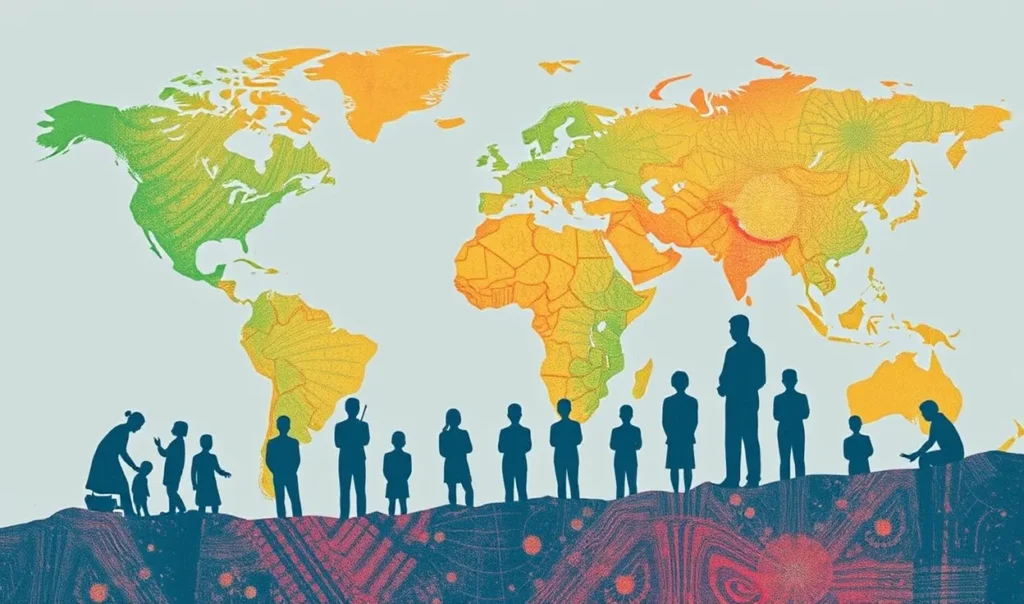
Mobile Apps for Mental Health Management
Mobile apps have revolutionized mental health management by putting tools for well-being into the palms of users worldwide. These apps offer features like mood tracking, guided meditations, and Cognitive Behavioral Therapy (CBT) exercises.
Popular apps like Headspace and Calm provide stress management tools, while BetterHelp connects users with licensed therapists. These apps cater to a wide range of needs, ensuring accessibility for diverse populations, including those in remote areas.
Teletherapy and Virtual Counseling
Teletherapy eliminates the need for in-person visits, offering real-time access to licensed professionals through video calls and chats. Platforms like Talkspace and Amwell are filling gaps in areas where therapists are scarce or too expensive.
For non-native speakers, multilingual counseling platforms have become essential. They provide culturally relevant care, breaking language barriers that previously hindered global accessibility.
Online Communities
Digital communities offer safe spaces where individuals can share experiences and receive support. Platforms like Reddit (e.g., r/depression) and 7 Cups provide forums for peer interaction, creating an empathetic network of support.
These communities empower users to seek guidance anonymously, reducing stigma. Peer support, combined with professional moderation, creates a balanced and secure environment.
Artificial Intelligence in Mental Health Care
AI-powered chatbots like Wysa and Woebot provide affordable, on-demand support. They guide users through therapeutic conversations, helping them manage stress, anxiety, and depression.
Beyond chatbots, AI is also enhancing mental health diagnostics. Predictive tools analyze data to flag early warning signs, enabling timely interventions.
Gamification in Mental Health Tools
Gamified mental health apps transform self-care into an engaging activity. Apps like SuperBetter use game mechanics to motivate users to build resilience and overcome challenges.
Stress-relief games, interactive learning tools, and reward systems ensure users stay engaged while improving mental well-being. This approach appeals to younger audiences, helping normalize mental health management.
Challenges and Future Prospects
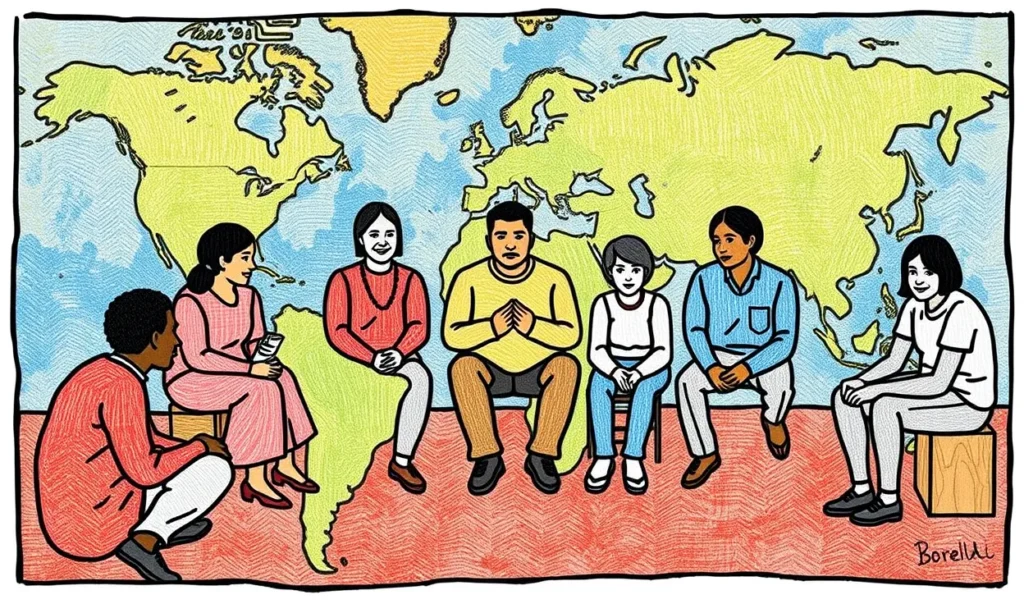
Accessibility Challenges of Digital Tools
Despite their potential, digital mental health tools are not universally accessible. In low-income regions, limited internet connectivity and smartphone penetration hinder widespread adoption.
For some users, even navigating digital platforms can be a barrier due to lack of digital literacy. Bridging the digital divide is essential to ensure that these tools benefit everyone, not just the digitally privileged.
Privacy and Ethical Concerns
Privacy remains a significant concern in the use of digital mental health tools. Sensitive data like mental health records are often stored online, making them vulnerable to breaches.
Developers must prioritize security by using encryption and robust data protection protocols. Regulations, such as the GDPR in Europe, provide a framework for safeguarding users, but global enforcement remains inconsistent.
Integrating Traditional and Digital Approaches
Digital tools often face resistance in cultures where traditional practices dominate. However, hybrid models that combine digital tools with traditional methods are emerging.
For example, incorporating culturally familiar therapy practices into digital apps can help bridge this gap. These integrations ensure solutions are not only effective but also widely accepted.
Global Collaborations
Tackling global mental health issues requires collaboration among governments, NGOs, and private companies. Initiatives like the World Health Organization’s mhGAP aim to scale digital solutions while addressing regional disparities.
Tech giants like Google and Apple are investing in mental health features, signaling the importance of a unified approach to solve global challenges.
The Future
Emerging technologies promise even greater possibilities. Virtual Reality (VR) is being explored for exposure therapy, while wearable devices can monitor stress and emotional health in real time.
Scaling these innovations requires investment and a focus on inclusive design. The future of mental health lies in solutions that adapt to diverse cultural, linguistic, and economic realities.
Conclusion: Bridging Borders with Digital Innovation
The global mental health crisis demands bold, inclusive solutions. Digital tools have emerged as transformative agents, breaking down barriers of access, cost, and stigma. From mobile apps and teletherapy to AI chatbots and gamified platforms, these technologies are reshaping how care is delivered and received.
Challenges like the digital divide and privacy concerns remain, but innovation paired with global collaboration offers a promising path forward. By integrating traditional practices with modern technologies and ensuring equitable access, we can move closer to a world where mental health care knows no borders.
The future of mental health is digital, inclusive, and global—and it’s already unfolding.
FAQs
How can digital tools reduce mental health stigma?
Digital platforms provide anonymous access to mental health resources, reducing the fear of judgment. For instance, apps like 7 Cups connect individuals to peer support without revealing their identity. In regions where mental health remains taboo, such tools create safe spaces to discuss struggles and seek help discreetly.
Are digital mental health tools effective?
Studies show that digital tools can effectively reduce symptoms of anxiety, stress, and depression when used consistently. For example, users of apps like Headspace report lower stress levels through regular mindfulness practices. However, these tools often work best as complements to professional care rather than standalone solutions.
Can these tools address cultural and language differences?
Many digital tools are designed with customizable features, offering multilingual support and culturally relevant content. For example, the app MYDawa in Kenya provides mental health resources tailored to local needs, ensuring relevance and accessibility. By adapting to users’ cultural contexts, such tools bridge the gap between global reach and personal relevance.
Are there risks to using digital mental health tools?
While these tools are valuable, they come with risks like data privacy concerns and over-reliance. Apps such as BetterHelp emphasize secure encryption, but users must remain cautious about sharing sensitive information. Additionally, these tools cannot replace in-person care for severe conditions and should be used as part of a broader mental health strategy.
How do gamified mental health tools work?
Gamified tools use game mechanics like rewards, levels, and challenges to engage users in managing their mental health. For instance, SuperBetter helps players build resilience by completing quests designed to improve emotional strength. These tools make mental health practices enjoyable and accessible, particularly for younger audiences.
Who can benefit most from digital tools?
These tools are particularly helpful for:
- People in remote areas with limited access to traditional care.
- Those facing stigma in seeking mental health support openly.
- Individuals who need cost-effective solutions.
For example, refugees in crisis zones often use mobile-based counseling platforms like Kiron to access trauma support.
Can digital tools work alongside traditional mental health practices?
Absolutely. Hybrid models that combine traditional therapy with digital tools are increasingly common. For example, a therapist might use Wysa to assign daily mindfulness tasks to clients between sessions. This blend ensures users benefit from personalized guidance and the convenience of digital support.
What does the future of digital mental health look like?
The future is exciting, with innovations like wearable devices to track emotional health and Virtual Reality (VR) for immersive therapy. For instance, VR platforms like Psious are already being used for exposure therapy, helping users confront phobias in a controlled, virtual environment. These advancements promise even more engaging and effective tools in the years ahead.
Resources
Global Mental Health Organizations
- World Health Organization (WHO)
The WHO’s Mental Health Atlas and mhGAP program provide extensive information and resources for addressing mental health globally.
Visit WHO Mental Health Resources - Mental Health Innovation Network (MHIN)
A global platform showcasing innovative mental health projects, research, and collaborations to improve care worldwide.
Explore MHIN
Digital Mental Health Platforms
- BetterHelp
A leading online counseling platform offering virtual therapy with licensed professionals.
Learn More About BetterHelp - Wysa
An AI-powered chatbot providing mental health support through CBT techniques and mindfulness practices.
Discover Wysa - Calm
A popular app for guided meditation, sleep improvement, and stress management.
Try Calm
Research and Insights
- National Institute of Mental Health (NIMH)
Offers up-to-date research and statistics on mental health disorders and treatments.
Visit NIMH - Pew Research Center
Explore their reports on digital trends, global internet access, and mental health technology adoption.
Check Out Pew Research
Community and Peer Support
- 7 Cups
A free online platform offering emotional support from trained listeners and a safe space to connect with others.
Join 7 Cups - Reddit Mental Health Communities
Subreddits like r/depression and r/anxiety provide peer support, shared experiences, and coping tips.
Visit Reddit Mental Health Communities
Emerging Technologies
- Psious
A VR platform offering mental health therapies for phobias, anxiety, and PTSD.
Learn About Psious - SuperBetter
A gamified platform designed to build resilience and improve mental health through engaging activities.
Play SuperBetter
Privacy and Data Security Guidance
- General Data Protection Regulation (GDPR)
Guidelines on how mental health apps should handle user data securely.
Read GDPR Overview - Cybersecurity & Mental Health: NAMI
The National Alliance on Mental Illness offers tips on safely using digital mental health tools.
Explore NAMI’s Advice

